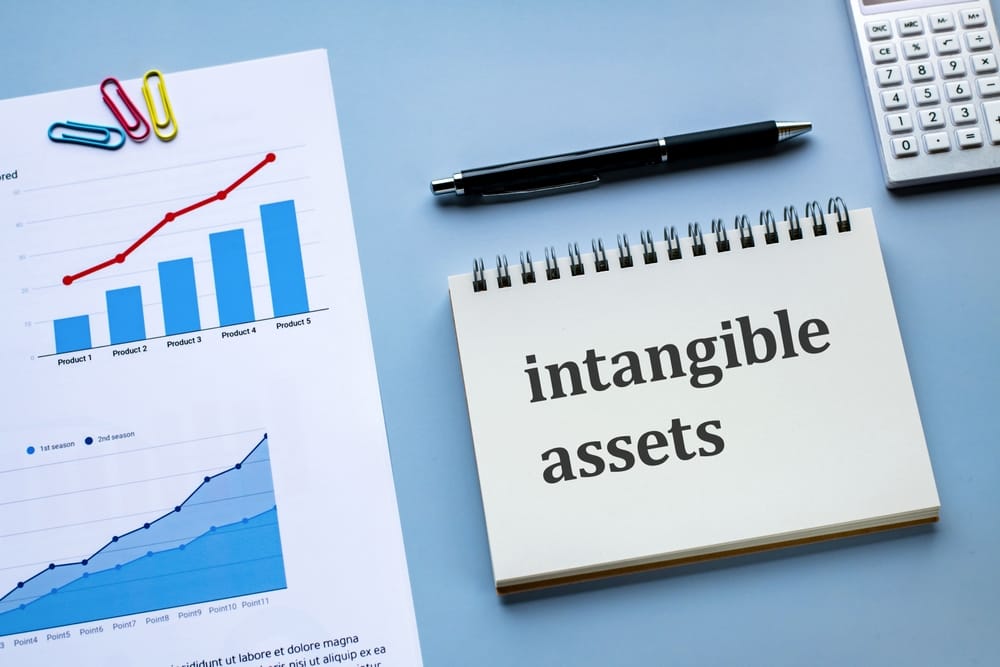

What if your business is worth more than you think? It might be, and one possibility here is the presence of intangible assets in business valuation. What do we mean when we talk about intangible assets, and how should this area be considered during any kind of business valuation?
At Utah Business Consultants, we're proud to offer the best business valuation services available to our clients around Salt Lake City, Utah and nearby areas. We help clients assess all of their assets in a detailed way, including intangible assets in business valuation. Here are some basics on what we mean by this term, plus how to determine if there are elements of your company's assets that you're overlooking as you value it.

So what are we talking about when we refer to "intangible assets" in the context of business valuation? In short, these are assets that do not have physical form or substance, but still hold value for the company. This includes things like intellectual property (patents, trademarks, copyrights), customer relationships, brand recognition, and goodwill.
Intangible assets can be just as valuable, if not more so, than tangible assets such as real estate or equipment. In fact, many companies' most valuable assets are intangible ones. However, it can be challenging to accurately assess and assign a monetary value to these types of assets.
When determining the overall value of a company, it is important to take into account all of its assets, including intangible ones. These assets can contribute significantly to a company's success and financial stability. For example, a strong brand name can attract customers and drive sales, while valuable patents or proprietary technology can give a company a competitive advantage.
Moreover, intangible assets often have long-lasting value. While tangible assets may depreciate over time or become obsolete, intangible assets such as trademarks and customer relationships can hold their value for many years.
Here are some examples of individuals or groups who can benefit from properly identifying and valuing their intangible assets during any kind of business valuation:
One of the main challenges in valuing intangible assets is determining an accurate monetary value for these assets. Unlike tangible assets that have physical characteristics and transactional values, intangible assets are more difficult to quantify and can have varying values depending on the context.
Another challenge is that intangible assets are often unique and specific to a particular company or industry. This makes it difficult to compare them with similar assets in other companies, making it harder to determine their market value.
Intangible assets also tend to have a longer lifespan compared to tangible assets, making it challenging to accurately predict their future value. Market trends and consumer preferences can change rapidly, affecting the value of intangible assets such as brands and patents.
Moreover, there may be legal limitations in place that restrict the use or transfer of certain types of intangible assets. This can further complicate the valuation process.
However, with the help of business valuation professionals, it's easily possible to determine the worth of an intangible asset. These professionals have the expertise and experience to assess various factors such as market trends, consumer behavior, legal restrictions, and future potential in order to provide a comprehensive valuation.
At Utah Business Consultants, we're here to help with business valuation, exit planning and numerous related business broker services around SLC. Contact us today to learn more or get started!